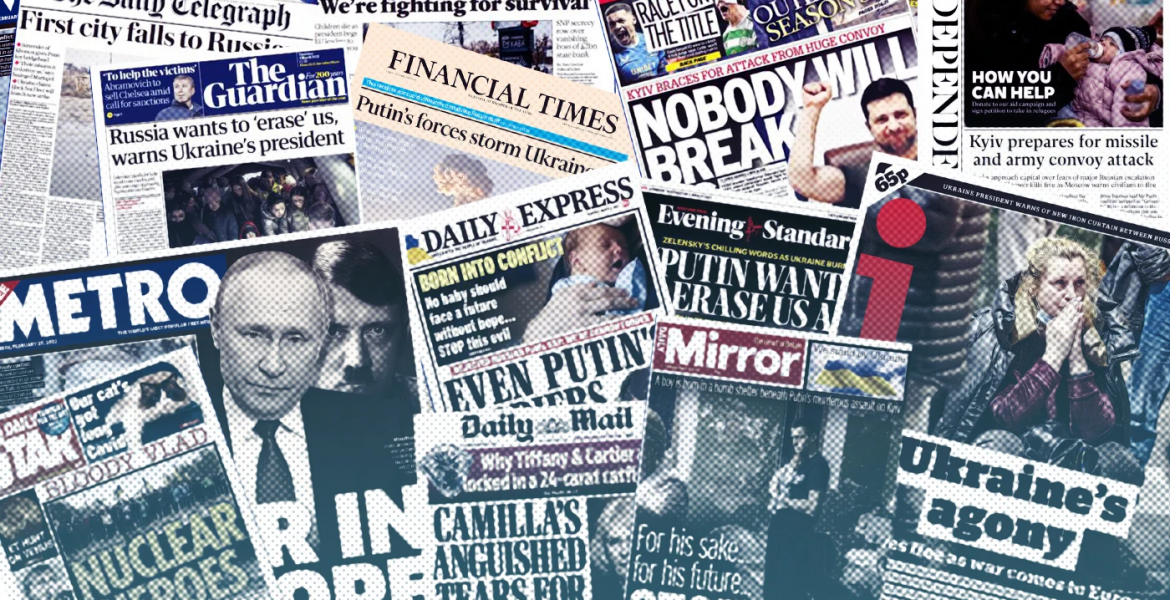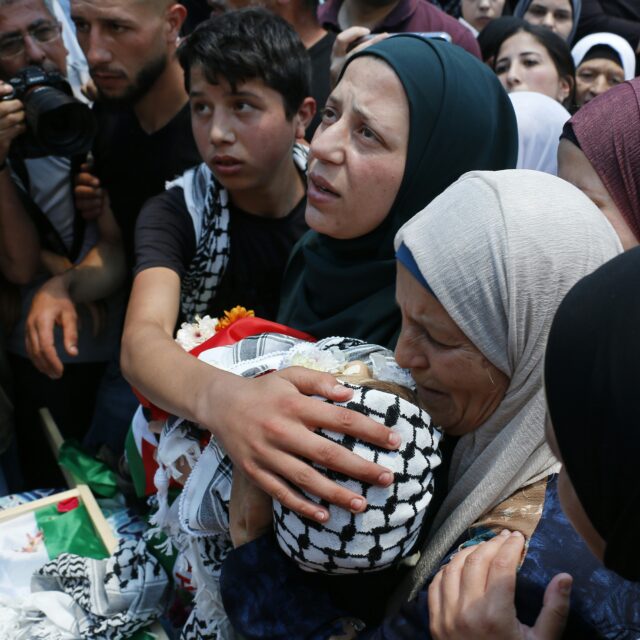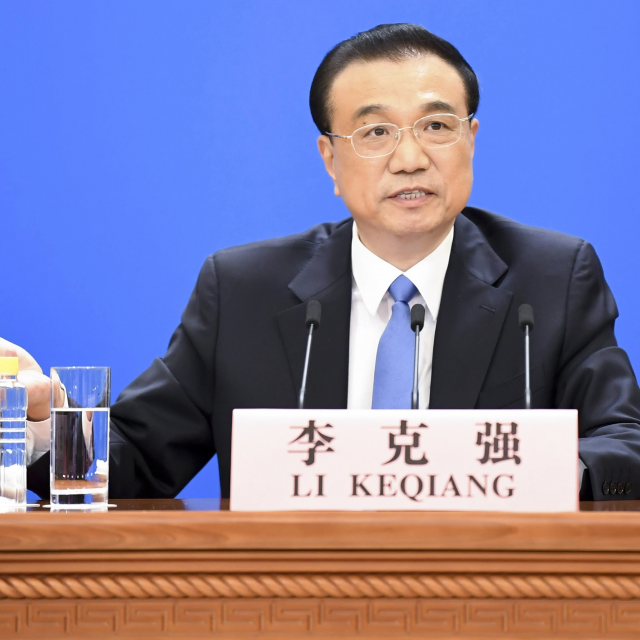On 19 July Ukrainian journalists Dmitriy Gordon and Yevgeny Kiselev were put on a criminal wanted list in Russia. The reason behind this decision was the anti-Putin stance of these writers and their criticism of Russia’s invasion of Ukraine. The realities of modern Russia are such that simply being suspected of disloyalty to the government is enough to result in criminal prosecution.
But in reality, journalists “inconvenient” for the Kremlin are hunted down not only in Russia. They can be detained in any third country that has a pro-Russian or neutral stance. Against the backdrop of Russia’s recent recognition of the prevalence of national law over international law, this decision takes on an ominous tone. Russia is openly becoming an international antagonist, flouting accepted rules and not taking into account the interests of other countries. Putin is trying to form a kind of “terror conglomerate” by dragging Russia-loyal countries (mainly in the Third World) into implementing this policy and providing different kinds of assistance to the Kremlin. Akin to the way the Soviet Union at one time actually kept an entire army of geopolitical vassals in exchange for a pro-Soviet position, Putin is trying to form a pro-Russian geopolitical bloc of countries to counter-balance the West’s anti-Russian position.
The algorithm for persecuting journalists is to capture them and forcibly transfer them to Russia, where they will be tried and imprisoned. Russia’s so-called special military operation and full-scale war to seize Ukraine has captured the attention of world journalism. Russian aggression is widely covered in the media and the context of the narrative is being scrutinised by the Russian secret services in order to identify and neutralise individuals who criticise Putin’s policy of occupation. Since the start of the war, Russia’s usual censorship has reached unprecedented levels, and now any criticism of the “special operation” can lead to criminal prosecution, and journalists who disagree with the Kremlin’s policies are openly persecuted. This refers not only to Russian journalists. From now on, any journalist can be detained and put on trial in the Russian Federation with a predetermined outcome.
In this way, Russia openly challenges anyone who expresses disagreement with Kremlin policy and launches a hunt for journalists. A narrative is emerging: “From now on, none of you can feel safe. The intimidation of possible criminal prosecution and imprisonment is a typical Russian approach, tried and tested during the Soviet era. Putin is consistently returning Russia to the Soviet reality, and the fight against independent journalism is an integral component of the totalitarian system inherent in both the USSR and its successor, Russia.
The two narratives “Russia’s ability to persecute journalists regardless of their accreditation and whereabouts” and “creating an alliance of political associates with Russia” are logically connected and aim to show that Putin’s Russia has chosen the evil path of terror, a comprehensive confrontation with the West that overshadows even the periods of hostility between the USSR and the West.
European journalists, who provide the most objective picture of what is happening in Ukraine, will be the target of persecution. Against the backdrop of a series of anti-Western decisions made in Russia, this is yet another pretext to humiliate Europe, which Putin considers weak and incompetent. If the EU does not respond to the decisions to detain its journalists, it will only reinforce Putin’s conviction and cause him to increase pressure on the EU. Brussels must prove its credibility and create an effective formula for countering Russian terror. Objective coverage of Russia’s atrocities in Ukraine is an important part of the fight against Putin’s expansion, and European journalists must not be prevented from carrying out their responsibilities.




